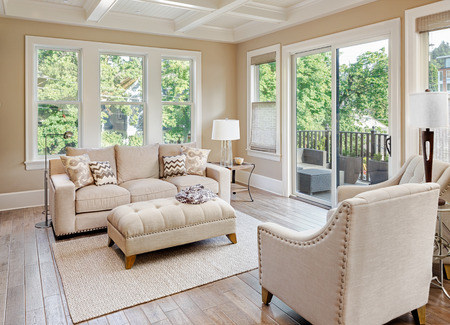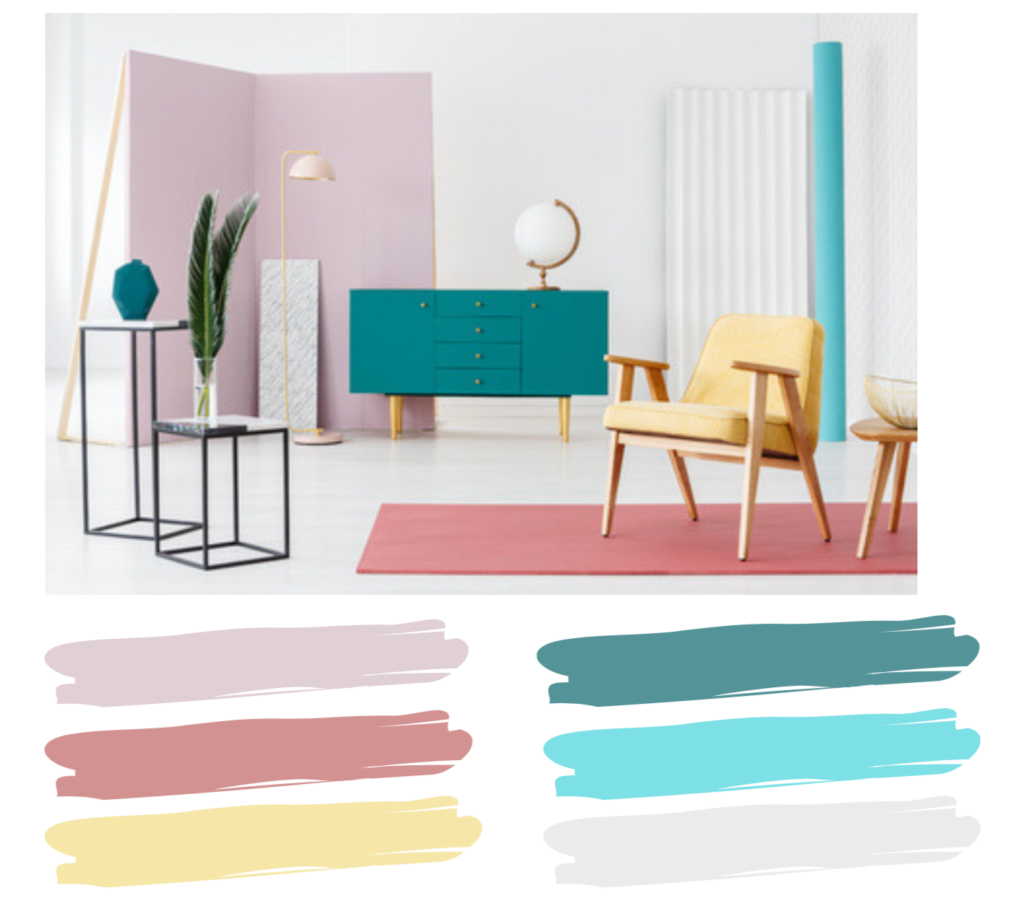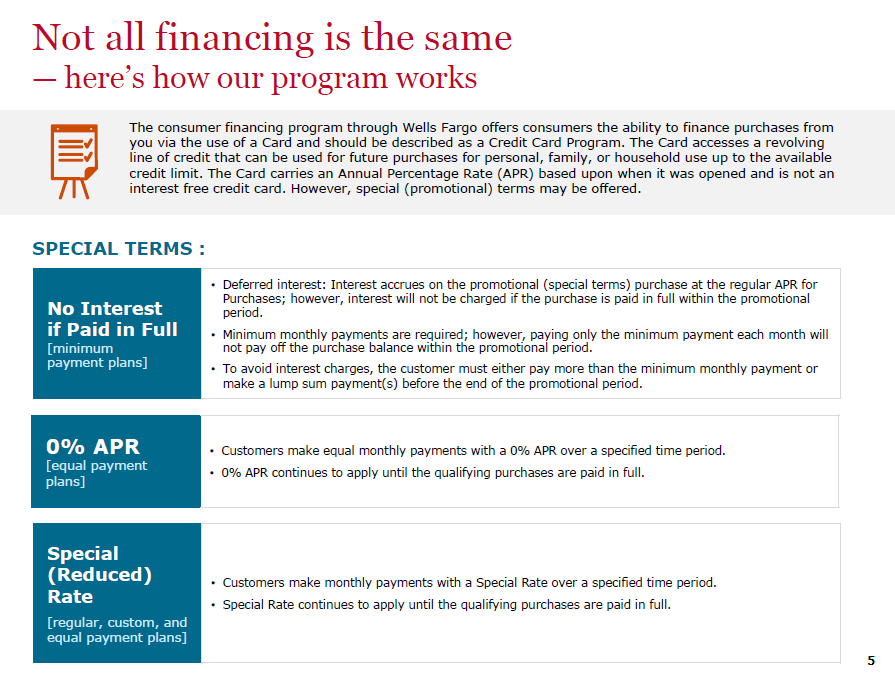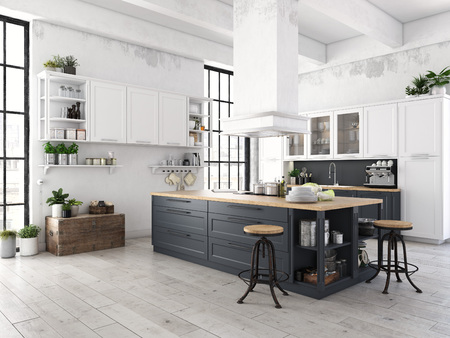
Loved for its effortless beauty and timeless nature; hardwood floors are a flooring staple in households across America. While hardwood floors are commonly used in households, some homeowners still do not understand its characteristics and properties. To help consumers understand their flooring properly, we are going to do a series on the four most common flooring types: Carpet, Hardwood, Tile, and LVP (Luxury Vinyl Planking). Today, we are going to take a closer look at hardwood and all it has to offer. Let’s take a look!
Solid Vs. Engineered
Hardwood flooring comes in two types of compositions: solid and engineered.
Solid Hardwood
Solid hardwood flooring is the type of floor that probably comes to mind when you think of traditional hardwood. It is composed of a single piece of wood and can be sanded or refinished as often as the homeowner sees fit. While solid hardwood is loved for its traditional beauty, it can contract and expand due to its single-piece nature. This means that solid hardwood would not do well in areas with a variety of temperatures and humidity like the kitchen or basement.
Engineered Hardwood
Engineered hardwood floors, on the other hand, are composed of several pieces of wood (approximately three to five). The topmost layer of engineered hardwood is typically composed of plywood with other types of wood underneath it. Since it is composed of less expensive materials, engineered hardwood typically is not as expensive as traditional, solid hardwood floors. Additionally, homeowners gear toward engineered hardwood because it does not contract or expand due to temperature or humidity, giving it installation versatility.
Hardwood Finishes
Hardwood has two types of finishes: factory-finished and site-finished.
Factory-Finished
Factory-finished hardwood floors are often considered more convenient and less expensive in the eyes of a consumer. Additionally, since they are already finished prior to the installation, it gives homeowners a clean home, free of chemicals, odors, and excess dust. That being said, factory-finished hardwood floors do feature grooves on the sides of the boards. This means there will be a small gap between the boards, and it can make cleaning a little more challenging.
Site-Finished
On the other hand, your hardwood floors can be finished onsite. Often times, this is homeowners preferred method since it is more customizable and offers a flawless finish. Additionally, they are easier to clean, durable, and offer personalized craftsmanship. That being said, there is the presence of odors and dust as well as the need for an allotted time to cure and dry.
Types of Hardwood
Luckily, there are a wide variety of wood species. While wood species can vary in density and durability, experts recommend choosing one in terms of your color and grain preference.
Plank Width
In addition to a variety of wood species, there is also a wide selection of plank widths. Again, it all comes down to personal preference when choosing the width of your hardwood planks. That being said, some homeowners do lean more towards a wider plank because it shows fewer seams. But homeowners should be aware that the wider the plank, the more money you may spend.
At ICC Home, we understand that choosing the right flooring choice can feel overwhelming at times. We would love to help make the process easy and efficient. Be sure to visit us at ICC Home to make all of your design dreams come true. Also, do not forget to check back next week where will discuss tile. Thanks for reading!











